Fellows are considered the nation’s most accomplished medical and biological engineers.
Three faculty members in the Georgia Tech College of Engineering have joined the distinguished College of Fellows of the American Institute of Medical and Biological Engineering.
Biomedical engineers Karmella Haynes and Peng Qiu along with mechanical engineer Susan Thomas are among the nation’s top professionals in the field, according to the organization more commonly known as AIMBE. Fellows represent just the top 2% of medical and biological engineers.
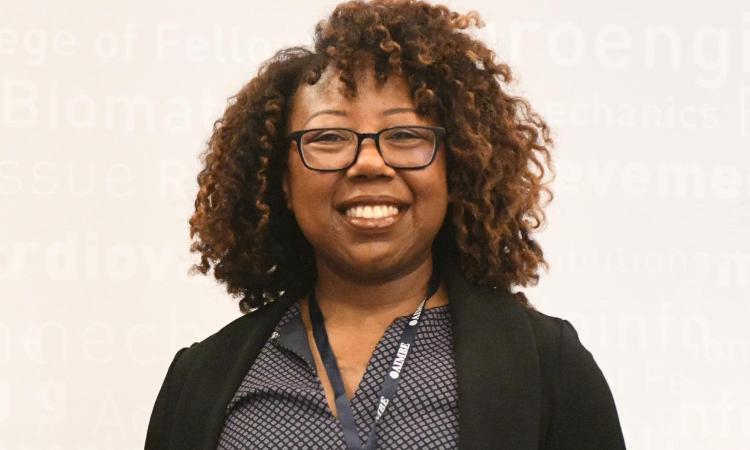
Karmella Haynes
Assistant Professor
Wallace H. Coulter Department of Biomedical Engineering
Elected "for inventing epigenome actuation, a new approach for epigenetic engineering, and outstanding contributions to bioengineering education, and diversity and inclusion."
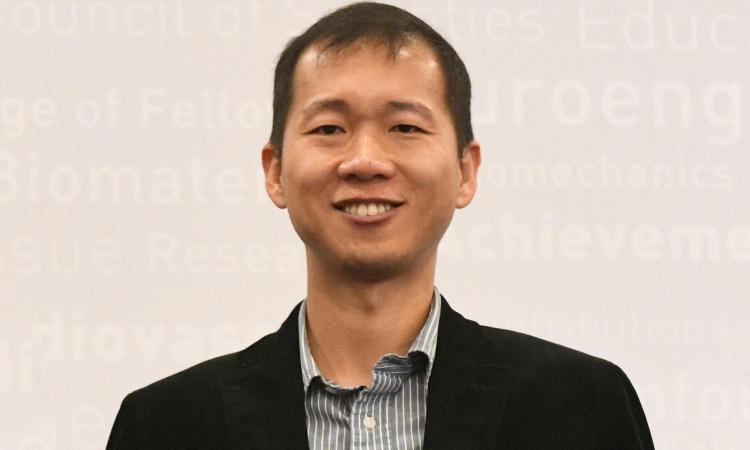
Peng Qiu
Associate Professor
Wallace H. Coulter Department of Biomedical Engineering
Elected “for outstanding contributions in bioinformatics, computational biology, and single-cell data science.”
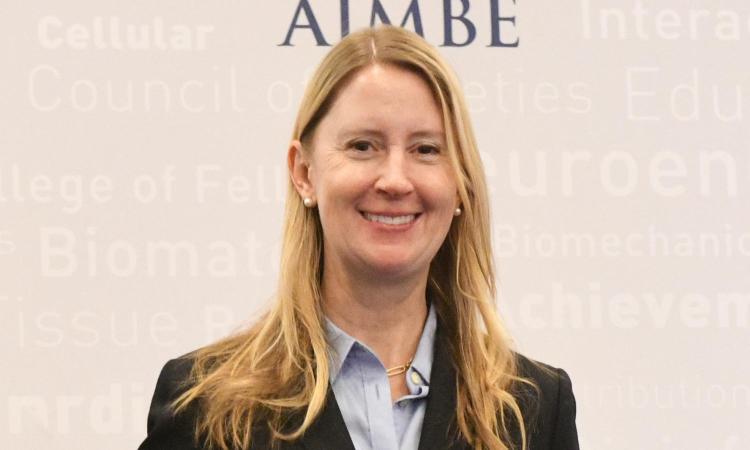
Susan Thomas
Woodruff Professor and Associate Professor
George W. Woodruff School of Mechanical Engineering
Elected “for outstanding innovations in lymphatic drug delivery technology and furthering the understanding of biotransport in cancer bioengineering and immunoengineering.”
(text and background only visible when logged in)
(text and background only visible when logged in)
Related Stories
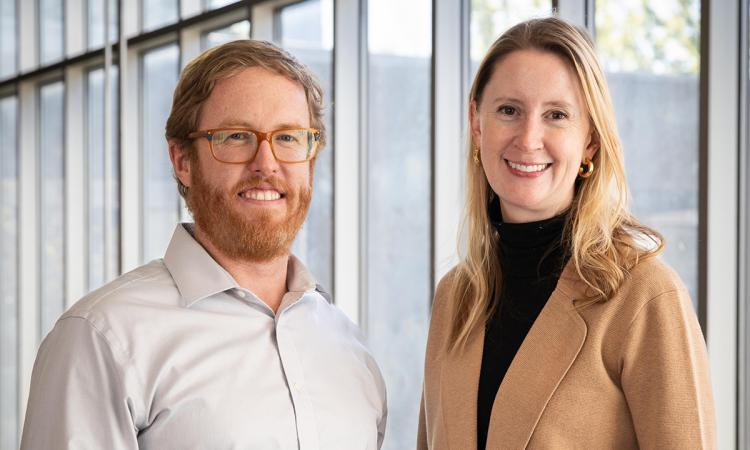
Nanotechnology Approach Shows Promise for Treating Lymphedema
ME researchers Brandon Dixon and Susan Thomas use nanoparticles to deliver a drug therapy directly to lymph vessels and restore their fluid-draining function.
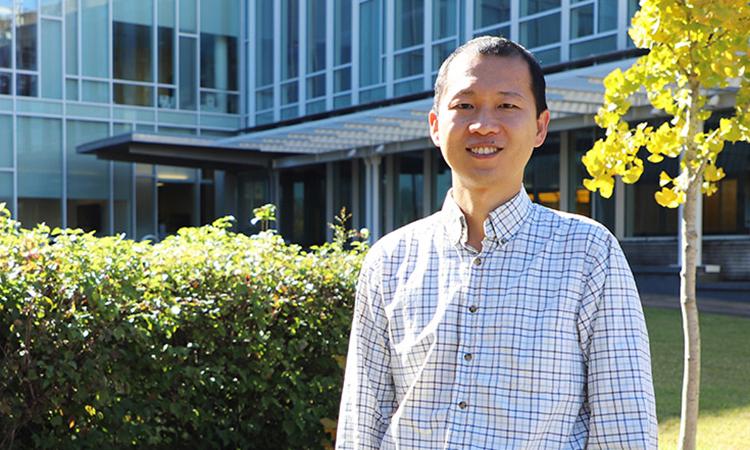
Qiu Secures $2.8M from the Helmsley Charitable Trust for Long-Term Crohn’s Disease Study
Peng Qiu is leading a deeper dive into the assessment and tracking of Crohn’s with hopes of enabling personalized treatment strategies and better outcomes for patients.

Research Teams Update Progress on New Models for Health Disparities
Haynes’ lab has been developing an engineered protein to activate genes that are silenced in triple negative breast cancer cells.